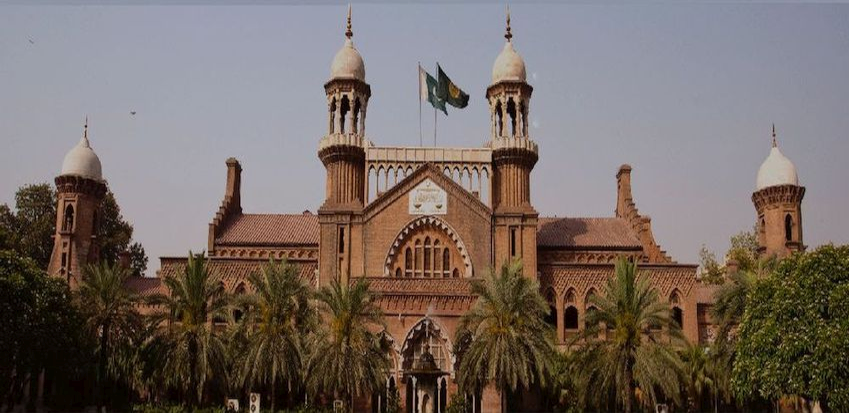For Government-Owned Properties, SNGPL is required to recover unpaid dues from the Previous Occupant or the Relevant Government Department instead of New Occupant --- Lahore High Court, Lahore
Islamabad 12-10-2024: In a significant judgment, the Lahore High Court, Rawalpindi Bench, has dismissed a petition filed by Sui Northern Gas Pipelines Limited (SNGPL) challenging an order that directed the company to restore gas supply to a government employee, Muhammad Awais. The Court ruled that the petitioner’s actions in disregarding the trial Court’s injunction were “contumacious” and upheld the lower Court’s decision to restore gas supply.
The case arose after Muhammad Awais, a Junior Clerk in the Highway Division, was allotted a government-owned house in Faizabad, Murree Road, Rawalpindi in 2020. Upon moving in, he discovered that the gas connection had been disconnected due to unpaid dues from the previous occupant. Despite repeated requests to SNGPL, the gas supply was not restored, prompting Awais to file a suit seeking a permanent and mandatory injunction along with the restoration of the gas supply.
In its defense, SNGPL cited Section 29 of the Gas (Theft Control and Recovery) Act, 2016, which prohibits Courts from ordering the restoration of gas supply unless the consumer deposits any outstanding amount assessed against them. However, no such dues had been assessed against Awais. The Additional District Judge/Gas Utility Court, Rawalpindi, ruled in favor of Awais, directing SNGPL to restore the gas connection upon payment of a restoration fee.
Challenging the trial Court’s order, SNGPL filed a writ petition in the Lahore High Court. In its petition, SNGPL argued that the trial Court’s order was contrary to Section 29 of the 2016 Act. The company admitted that it had not complied with the lower Court’s order, claiming it was unlawful.
However, Mr. Justice Shakil Ahmad of the Lahore High Court rejected SNGPL’s stance, stating that Section 151 of the Civil Procedure Code (CPC), 1908 grants Courts inherent powers to pass necessary orders in the interest of justice. The Court emphasized that since no outstanding sum had been assessed against Awais, the bar under Section 29 did not apply. The Court also noted that for government-owned properties, SNGPL is required to recover unpaid dues from the previous occupant or the relevant government department.
The judgment further criticized SNGPL for failing to comply with the trial Court’s injunction. The Court stressed that Court orders, even if believed to be erroneous, must be obeyed unless suspended by a higher Court. Citing case law, including Iftikhar Ali Vs. Javid Dastgir Mirza (PLD 1975 Lahore 126) and The State of Bihar Vs. Rani Sonabati Kumari (1961 AIR 221), the Court reaffirmed that disobedience of Court orders undermines the judiciary’s authority.
In conclusion, the Court dismissed SNGPL’s petition, holding that the trial Court’s order was in accordance with the law and should have been obeyed. The Court appreciated the research assistance provided by Mr. Adil Sarwar Sial, Civil Judge/Research Officer, Lahore High Court Rawalpindi Bench.
Powered by Froala Editor








